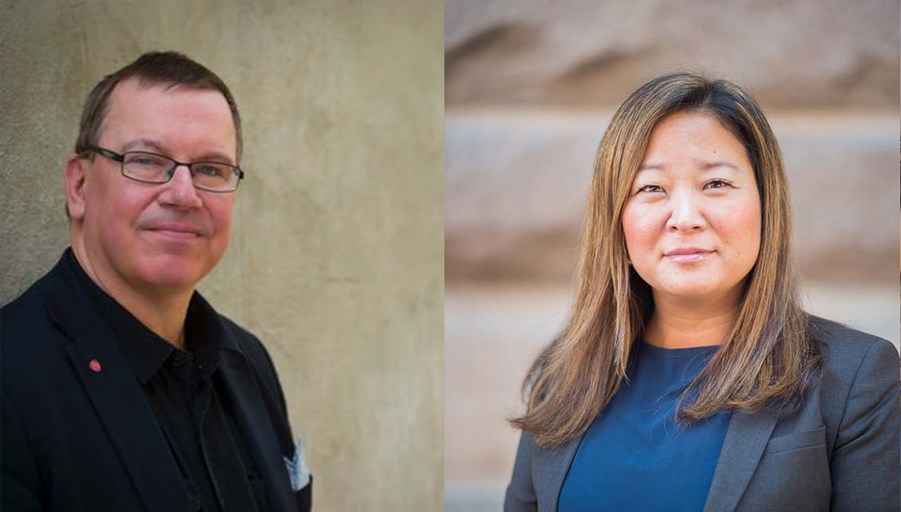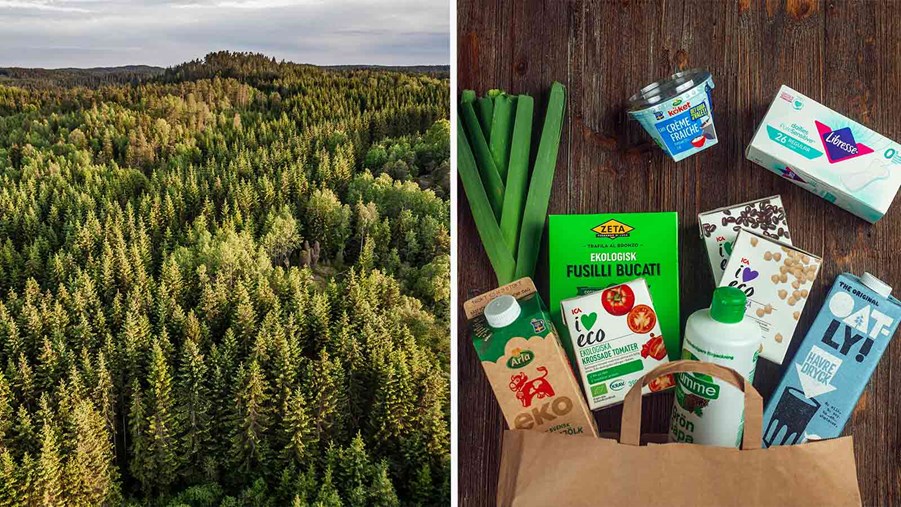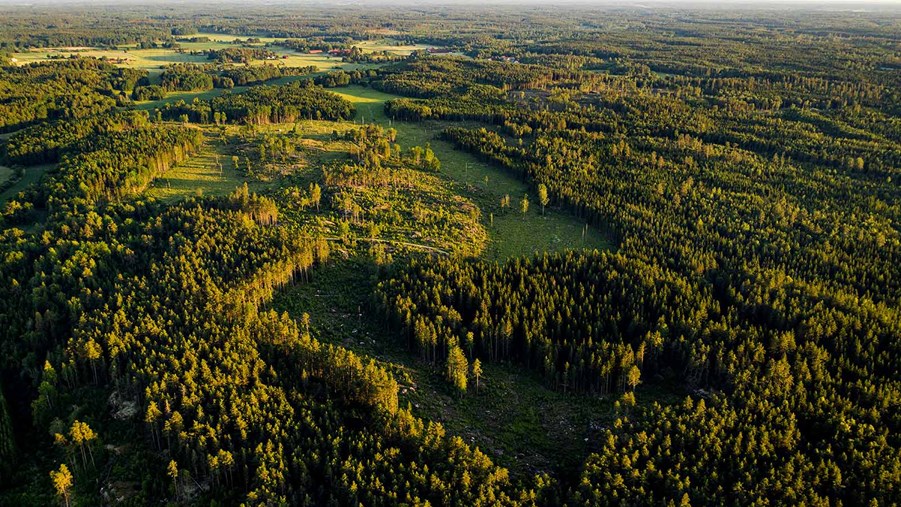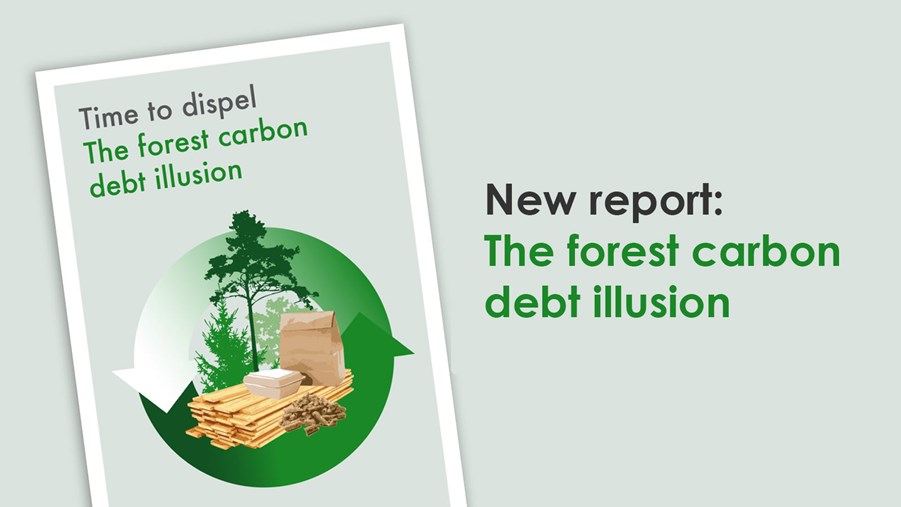
Many of the world’s leaders and researchers are assembling at the climate conference COP26, running from 31 October – 12 November in the Scottish city of Glasgow. Six years have passed since the climate summit in Paris where agreement was reached on keeping global warming way below 2°C and working to limit it to 1.5°C. The Paris Agreement was also seen as a recognition of the key role that the forest and forest products have to play in cutting fossil emissions.
The negotiators at the COP26 know that the countries signed up to the Paris Agreement need to do more to cut fossil emissions. According to the UN Intergovernmental Panel on Climate Change (IPCC), emissions need to fall 45 percent by 2030 in order to achieve the 1.5-degree target. According to a new UN report, rather than reducing emissions, the current commitments would in fact lead to an increase of 16 percent.
Two parliamentarians who often participate in this debate are Erik Bergkvist and Jessica Polfjärd. We asked them three questions, and this is how they responded:
-
What are your expectations for COP26?
-
What measures are most important for heavily lowering global carbon emissions?
-
How can the European forest industry help to bring down carbon emissions?
Erik Bergkvist, Member of the European Parliament (Social Democrats)
- We need to increase our climate efforts, not least globally. Before every COP-summit I hope for more concrete measures so that we actually live up to the Paris agreement, which is not always the case, so I expect more countries to do more.
- The emissions trading scheme is our most important tool. If we design a good system for emissions trading, we can make a huge difference. More countries should follow the example of ETS, that would reduce climate change significantly.
- The forest plays an important role. It both absorbs CO2 from the atmosphere and contributes through substitution, for example by replacing energy-demanding building materials. I see the forest industry as an important tool for managing the climate transition, not least in Sweden.
Jessica Polfjärd, Member of the European Parliament (Moderate party)
- That the participating countries will be clear, not only regarding what climate targets they want to reach, but also how they will reach them. Sweden and the EU have a responsibility to lead the way with our new action plans for climate neutrality.
- For me the number one priority is to get the new EU climate legislation in place. That way we can really bring down emissions in Europe. But we also need to do more to bring the major emitters on board.
- The forest industry plays an important role in the climate transition. We can still see a major dependence on fossil fuels and materials, even within the EU, and bioeconomy is central in our efforts to phase out that dependence.


